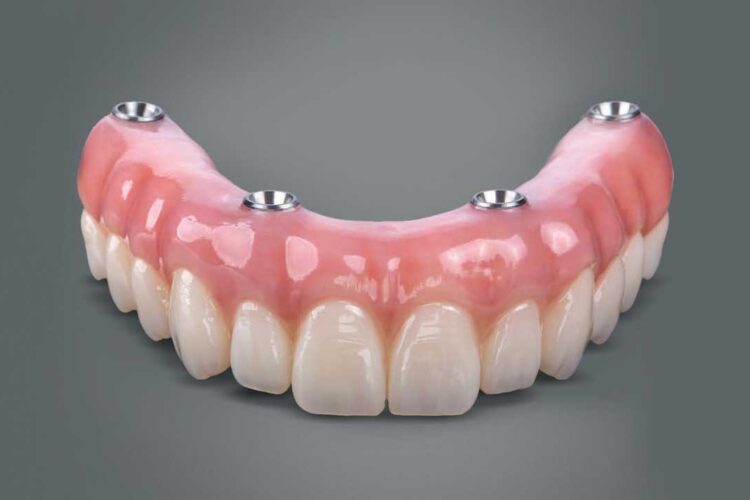If you have missing teeth and are looking to replace them, you want an option that feels and looks almost like your natural teeth. Often, Columbia dental implants are the best option. However, these implants are not for everyone. You must meet certain oral health criteria. Fortunately, even if you are not a good candidate for dental implants, you can explore options such as bone grafting, so you can have enough bone density for an implant. The following are vital criteria you must meet before you can get dental implants:
Missing Teeth
To benefit from dental implants, you need to have one or more missing teeth. Often, your dentist will preserve your natural teeth whenever possible. However, sometimes, an extraction cannot be avoided. No matter how you lost your teeth, dental implants can be your best option. Your dentist can tailor the procedure to your specific circumstances.
If it has been years since you lost your teeth, your jawbone may have shrunk. And wearing dentures can make this worse. Grafting or ridge augmentation can counteract such situations, making a dental implant a great option.
Healthy Gum Tissue
Implant surgery is only possible if your gum tissues are active. If you are currently suffering from gum disease, this can interfere with jawbone integration or the healing process. Thus, you need to have stable gum health before an implant can be installed.
You may have gum disease if you experience symptoms such as bleeding gums, gum recession, and tartar buildup. Although dental implants do not get cavities, they can be susceptible to gum infections.
Good Oral and Overall Health
If you are planning to get dental implants, you must be practicing good oral health habits. Because bone loss and gum infections can compromise the integrity of your implants, you must maintain them the way you maintain your natural teeth. This means you must brush around the implants two times every day, floss them once every day, and schedule in-office dental cleanings twice every year.
In addition, your dentist will also look into your overall health history before they decide if you can get implants. Certain medical conditions, specific prescription medications, and recent hospitalization can interfere with the placement of dental implants, so you need to share this information with your dentist during the initial consultation. If you have a medical condition and you think it doesn’t have to do with your oral health, you still have to review this information with your dentist.

